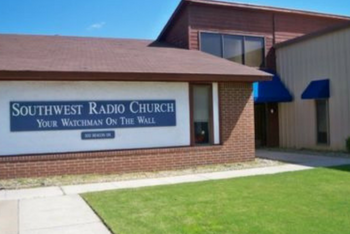Victor Hugo (1802–1885), a poet and novelist during the social and political upheavals of nineteenth-century France, is perhaps best known for his classic Les Miserables. Over a century later, a musical adaption of his novel has become one of our generation’s most popular productions. This shouldn’t surprise us. As Hugo once said, “Music expresses that which cannot be said and on which it is impossible to be silent.”
The psalmists would have agreed. Their songs and prayers provide us with honest reflections on life and its inevitable pain. They touch us in places we find difficult to access. For example, in Psalm 6:6, David cries out, “I am worn out from my groaning. All night long I flood my bed with weeping and drench my couch with tears.”
The fact that such raw honesty is included in the inspired songs of the Scriptures gives us great encouragement. It invites us to bring our fears to God, who welcomes us into His presence for comfort and help. He embraces us in our heartfelt honesty.
Music can give us the ability to express our feelings when words are hard to come by, but whether that expression is sung, prayed, or silently cried, our God reaches into the deepest places in our hearts and gives us His peace.
Source: Our Daily Breat
 Your Watchmen on the Wall
Your Watchmen on the Wall  Dr. James Dobson’s Family Talk
Dr. James Dobson’s Family Talk